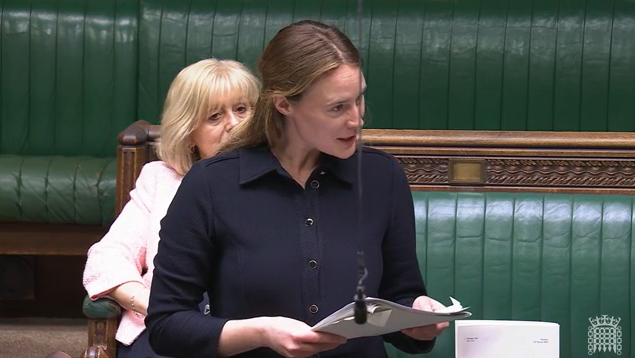COMMUTERS and businesses across South East Cornwall are set to benefit from a major national infrastructure project aimed at transforming mobile connectivity on the UK’s rail network.
Under a new public-private partnership, ultra-fast fibre optic cables will be rolled out across key rail routes, alongside a plan to eliminate long-standing mobile signal blackspots – a significant win for the region’s residents and economy.
Dubbed Project Reach, the initiative is part of the government’s wider Plan for Change and is being hailed as a “game changer” by Transport Secretary Heidi Alexander.
The landmark agreement – signed by Network Rail, telecoms firms Neos Networks, and Freshwave – will see the installation of 1,000 kilometres of high-speed fibre optic cable along some of the UK’s busiest railway lines. This includes improvements to the Great Western Main Line, which runs through Cornwall.
One of the project’s key benefits for South East Cornwall is the removal of mobile signal blackspots in several railway tunnels, including the 565-yard Treverrin tunnel, between Par and Lostwithiel.
For years, passengers traveling through this area have faced frustrating signal dropouts, hindering their ability to work, stay in touch with loved ones, or simply access online services during their journeys. With this new investment, those days appear numbered.
Local MP Anna Gelderd welcomed the news, saying: “I am really pleased that commuters will finally be brought back on grid after having to put up with poor signal for too long. Bad connectivity is not just a nuisance; it’s holding back businesses and keeping families apart.”

She added that many residents in South East Cornwall rely on the railway for both work and leisure, and that improved connectivity will boost productivity, encourage regional investment, and improve quality of life.
“I will continue working with ministers to deliver further improvements to our transport networks in our area, but this news shows that this Labour Government is serious about improving people’s lives and growing the economy.”
The project’s innovative financing model combines public funding with private investment from major telecoms players. This approach is expected to save taxpayers approximately £300-million while delivering long-term digital infrastructure that will benefit the entire country.
Freshwave will upgrade mobile connectivity in 57 tunnels nationwide, eliminating signal gaps and enhancing coverage across routes including those connecting London to Manchester, Cardiff, and Penzance. In addition, mobile operators will install new 4G and 5G infrastructure at 12 major railway stations, further improving coverage and capacity at key transit hubs.
Transport Secretary Heidi Alexander highlighted the wide-reaching impact of the project, adding: “This is a game changer for passengers up and down the country and will revolutionise journeys from Paddington to Penzance and Edinburgh to Euston. By boosting connectivity and tackling signal blackspots, we are also ensuring a more reliable and efficient service.”
Installation is set to begin in 2026, with full rollout expected by 2028. The improved network will also support enhanced monitoring of railway assets, facilitate digital innovation in rail safety and enable better Wi-Fi access for passengers, complementing the government’s £41-million investment in satellite connectivity across all mainline trains.





Comments
This article has no comments yet. Be the first to leave a comment.